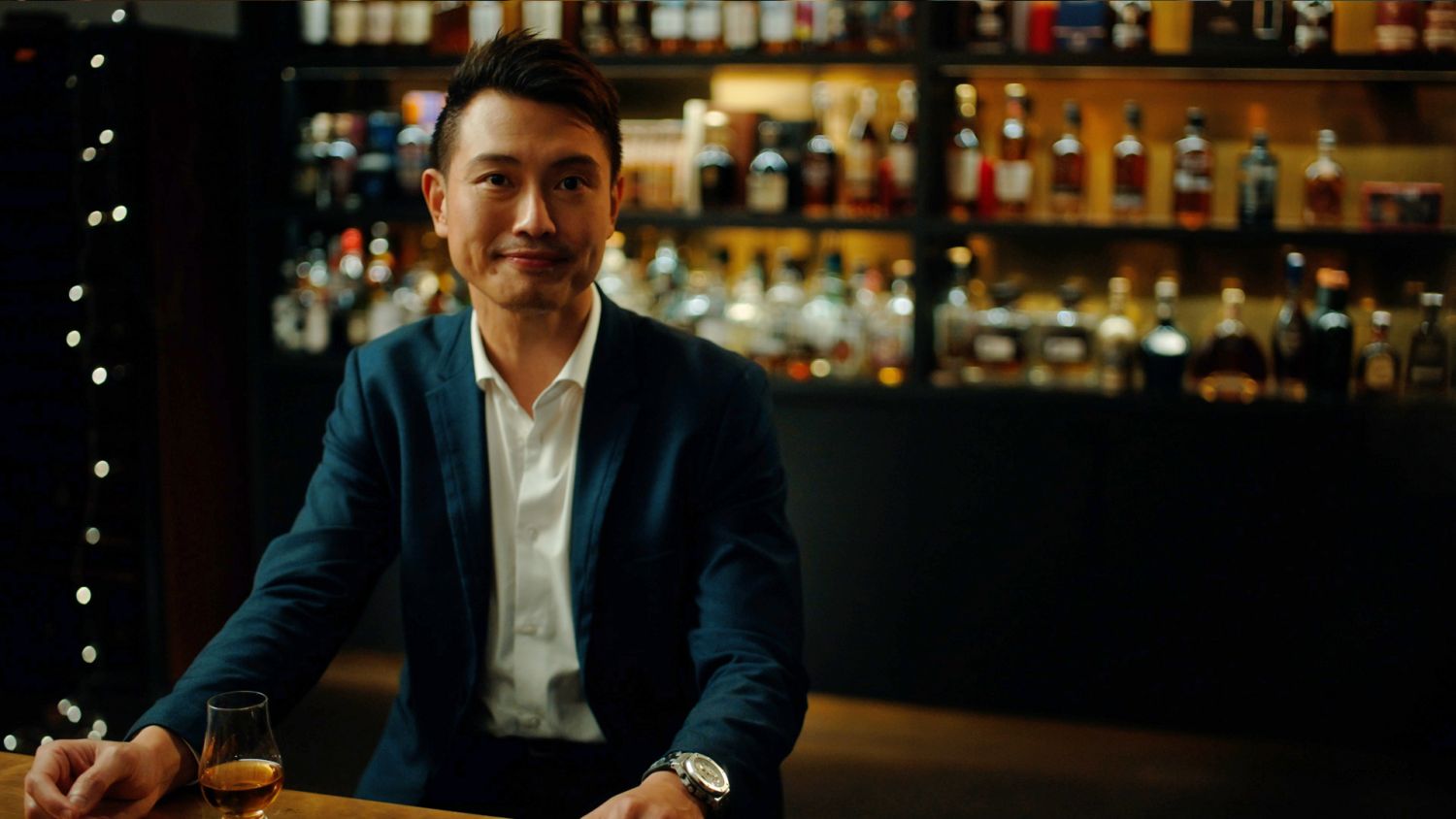Tatler+
The retinal surgeon speaks about setting his sights on progressing the future of medicine with artificial intelligence
As the director of the Singapore Health Services’s artificial intelligence department, Daniel Ting believes that the future of medicine is with technology that drastically improves patient care. Using artificial intelligence (A.I.) and deep learning, routine ocular procedures like eye scans are exponentially enhanced; along with the adoption of blockchain in Ting’s practice that safeguard the privacy of patients, he constantly shares his expertise on various international committees with his latest imaging algorithm being licensed to more than 20 countries.
Tatler Singapore finds out, over a glass of Johnnie Walker Blue Label, just how important disruption is when it comes to the medicines of tomorrow.
Read more: Johnnie Walker Blue Label’s After Hours: Parag Khanna on Geography and Tradition
How important is tradition to you?
Daniel Ting (DT): It’s incredibly personal for me. Tradition helps shape the culture and identity of people and society. It defines our past, present and future. With tradition, we can have a sense of belonging with a group of people that share our core values, morals and ethics. With these values, like-minded people work better together, they are kinder and more helpful. Sometimes, tradition can also give you inner peace and self-acceptance.
I also enjoy a lot of Chinese teachings and history. Chinese New Year is my favourite holiday as I get to experience the thrill of firecrackers and red packets with family and friends all dressed up. These features define some of the Chinese tradition that I am extremely proud of.
